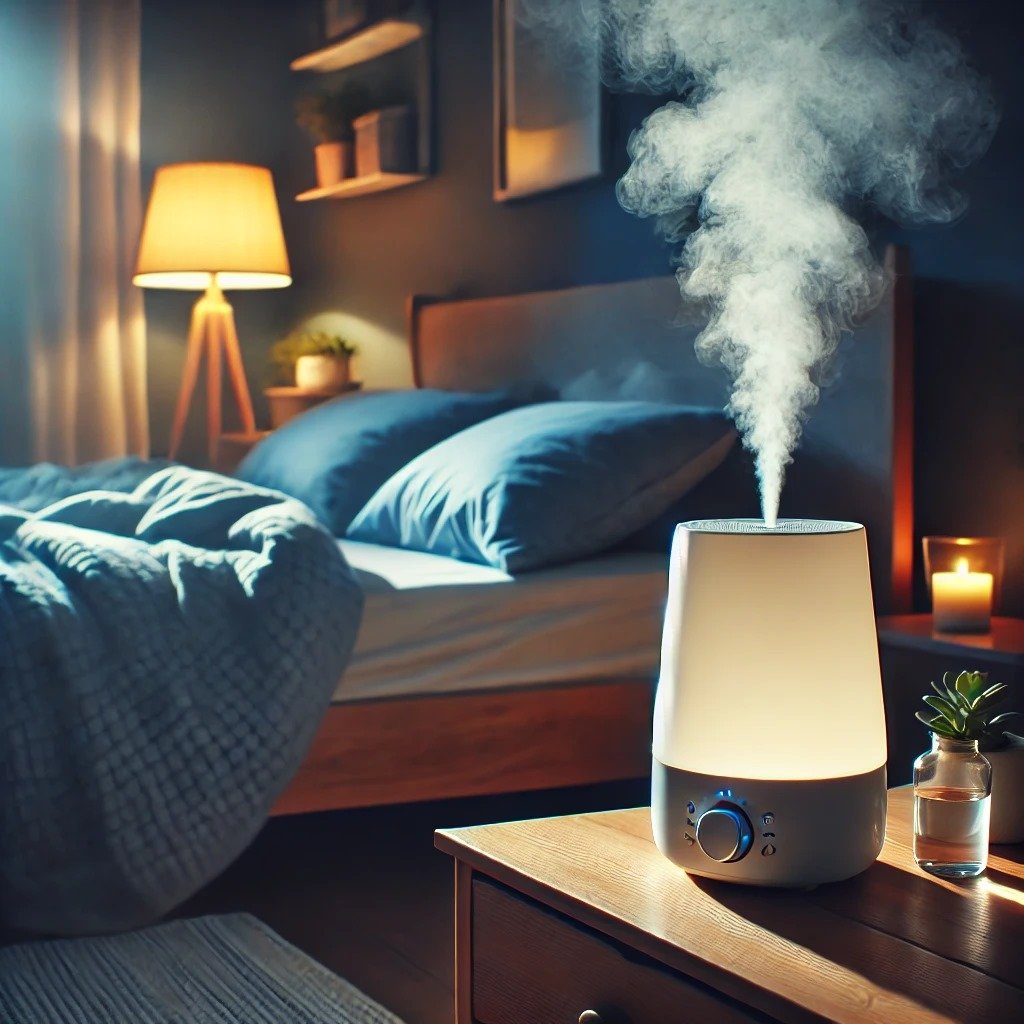Introduction
Causes of Cough:- Coughing is one of the most common reflex actions, serving as the body’s natural way to clear the airways of irritants and blockages. While an occasional cough is normal and even healthy, persistent coughing can be a sign of underlying health issues. A cough can range from being merely annoying to severely disruptive, depending on its cause and duration. This article will explore the various causes of coughing, provide effective home remedies, and discuss when it might be necessary to seek medical attention.

Causes of Cough
1. Respiratory Infections:
Respiratory infections like the common cold, flu, or bronchitis are among the leading causes of coughing. These infections irritate the airways and lead to an increased production of mucus, which the body tries to expel through coughing.
2. Asthma:
Asthma is a chronic condition characterized by inflammation and narrowing of the airways. People with asthma often experience coughing, especially at night or after physical activity. This type of cough is typically accompanied by wheezing and shortness of breath.
3. Gastroesophageal Reflux Disease (GERD):
GERD occurs when stomach acid flows back into the esophagus, irritating the throat and airways. This can lead to a chronic cough, especially after eating or lying down.
4. Allergies:
Allergies to dust, pollen, pet dander, or mold can trigger coughing as the body’s immune system reacts to these allergens. Coughing due to allergies is often accompanied by sneezing, runny nose, and itchy eyes.
5. Smoking and Environmental Irritants:
Cigarette smoke is a major irritant that can lead to chronic coughing, known as “smoker’s cough.” Additionally, exposure to pollution, chemicals, and other environmental toxins can irritate the respiratory system and cause coughing.
6. Postnasal Drip:
Postnasal drip occurs when excess mucus drips down the back of the throat, often leading to a tickling sensation that triggers coughing. This can be caused by colds, allergies, or sinus infections.
7. Chronic Obstructive Pulmonary Disease (COPD):
COPD is a group of lung conditions, including emphysema and chronic bronchitis, that cause obstructed airflow and persistent coughing. This condition is often associated with long-term smoking.
Home Remedies for Cough
Coughs can often be treated effectively with simple home remedies. Here are some natural methods to help soothe and reduce coughing:
1. Honey:
Honey is one of the most effective home remedies for a cough. It has natural antibacterial properties that can help soothe the throat and reduce irritation. Mix one to two teaspoons of honey with warm water or herbal tea and drink it several times a day. Honey is particularly effective for treating nighttime coughs in children.
2. Ginger:
Ginger has anti-inflammatory properties that can help relax the airway membranes and reduce coughing. You can make ginger tea by boiling fresh ginger slices in water and adding honey or lemon for taste. Drinking this tea two to three times a day can provide relief from coughing.
3. Steam Inhalation:
Inhaling steam can help open up the airways and loosen mucus, making it easier to expel. You can use a bowl of hot water or take a hot shower, inhaling the steam deeply. Adding a few drops of eucalyptus or peppermint oil to the water can enhance the effect.
4. Saltwater Gargle:
Gargling with warm saltwater can reduce throat irritation and help clear mucus. Mix half a teaspoon of salt in a glass of warm water and gargle with it two to three times a day. This remedy is particularly effective for coughs caused by postnasal drip.
5. Turmeric Milk:
Turmeric has powerful anti-inflammatory and antioxidant properties that can help soothe a sore throat and reduce coughing. Add a teaspoon of turmeric powder to a glass of warm milk and drink it before bed. This remedy is especially helpful for dry coughs.
6. Marshmallow Root:
Marshmallow root is an herb that has been traditionally used to treat coughs and sore throats. It contains mucilage, a thick, gluey substance that coats the throat and soothes irritation. You can take marshmallow root in tea form or as a supplement.
7. Hydration:
Staying hydrated is crucial when dealing with a cough. Drinking plenty of fluids, such as water, herbal teas, and broths, can help thin mucus and keep the throat moist. Avoid caffeinated and alcoholic beverages, as they can dehydrate the body.
8. Humidifiers:
Using a humidifier in your room can add moisture to the air, which helps to soothe irritated airways and reduce coughing, especially during the night.
When to Seek Medical Attention
While most coughs can be treated effectively at home, there are instances when medical attention is necessary:
– Persistent Cough: If your cough lasts for more than three weeks, it could be a sign of a more serious condition, such as chronic bronchitis, asthma, or GERD.
– Cough with Blood: Coughing up blood (hemoptysis) can indicate a serious lung condition, such as tuberculosis, lung cancer, or a pulmonary embolism. Seek immediate medical attention if this occurs.
– Shortness of Breath: If your cough is accompanied by shortness of breath, chest pain, or difficulty breathing, it could be a sign of a severe respiratory condition and requires prompt medical evaluation.
– High Fever: If your cough is associated with a high fever (above 100.4°F or 38°C), it could indicate an infection such as pneumonia, which may require antibiotics.
– Worsening Symptoms: If your cough worsens over time, or if you develop new symptoms such as wheezing, severe fatigue, or unexplained weight loss, consult a healthcare professional.
READ MORE-khansi kaise thik kare (cough)

Conclusion
Causes of Cough:-Coughing is a natural reflex that serves to protect the respiratory system, but it can be a source of discomfort and concern when it becomes persistent or severe. Understanding the causes of cough and utilizing effective home remedies can help manage the symptoms and promote recovery. However, it’s essential to recognize when a cough requires medical evaluation to prevent potential complications. By staying informed and taking proactive steps, you can effectively manage coughs and maintain your respiratory health.
